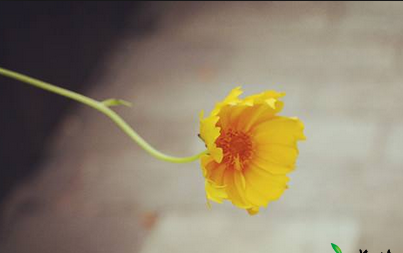Being grateful shouldn't wait for Thanksgiving. We shouldn't wait just once a year,
表達感激不應該等到感恩節。我們不應該只等每年一次
that November date, when we express gratitude, when we go around the table and say what we are grateful for.
在11月的那天,去表達感激之情,坐在桌旁輪流說感激什么
It should be a habit. A, because it works, it helps. And B, because it's moral.
它應該是一個習慣,首先因為它行之效,有幫助。其次因為它是道德的
This gets to a point that I'll repeat throughout the course, where the moral is also the practical.
這點很重要,我會貫穿始終強調,道德也是實際的
The practical, in most cases, is also the moral.
而實際在多數情況下,也是講道德的
They go hand in hand. David Steindl-Rast, the book that I mentioned last time: "We live in a 'given" world.
兩者密不可分。戴維·斯坦德爾-拉斯特,上次課我提到的那本書,我們生活在一個給與的世界
What brings fulfillment is gratefulness, the simple response of our heart to this given life in all its fullness."
帶來滿足的是感激之情,心靈對此給與人生的簡單回應就是圓滿
Again, just like a child. The poet, Galway Kinnel: "To live and die in gratefulness, if in no other virtue."
就像一個孩子,詩人高爾韋·金奈爾寫道:"感激地活著和死去,若無其他美德"

Cicero: "Gratitude is not only the greatest of virtues, but the parent of all others".
西塞羅寫道:"感激不僅是最大的美德,也是其他美德的發源"
Why is it parent of all others? I thought about this sentence a lot which I love, but why?
為什么是其他美德的發源?我經常想起這句最愛的話,但是為什么
Because if you think about it, if we are not grateful, then we take things for granted. If we are not grateful for the good things in our lives,
想想吧,如果我們不知感激,我們就會將事情視作理所當然。如果我們不知感激生命中美好的事物
things are taken for granted. And then we are blind to them.
認為它們理所當然,那就會對它們視而不見
Then as far as we are concerned, they do not exist.
對我們來說,它們是不存在的
Now what makes virtue virtuous?
美德為什么是高尚的
It's the good. And if there is no good in our world, then that takes away the virtue from being virtuous.
是它的好。如果世上沒有好,那么美德將不再高尚
That is why I think... what Cicero was talking about when he meant "it is the parent of all virtues".
所以我認為……西塞羅所謂的"它是所有美德的發源"的含義











